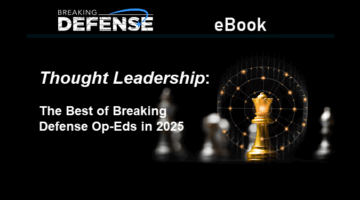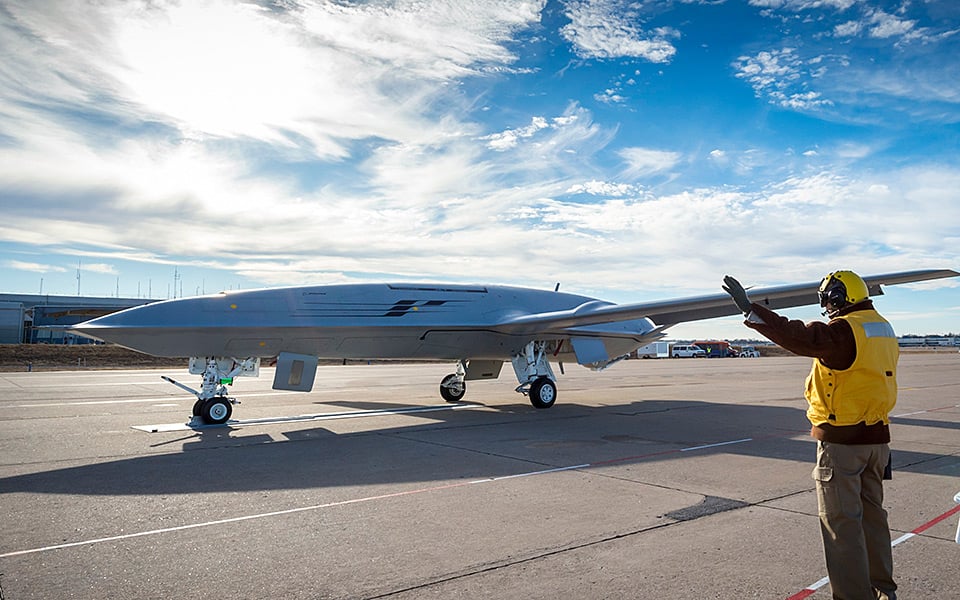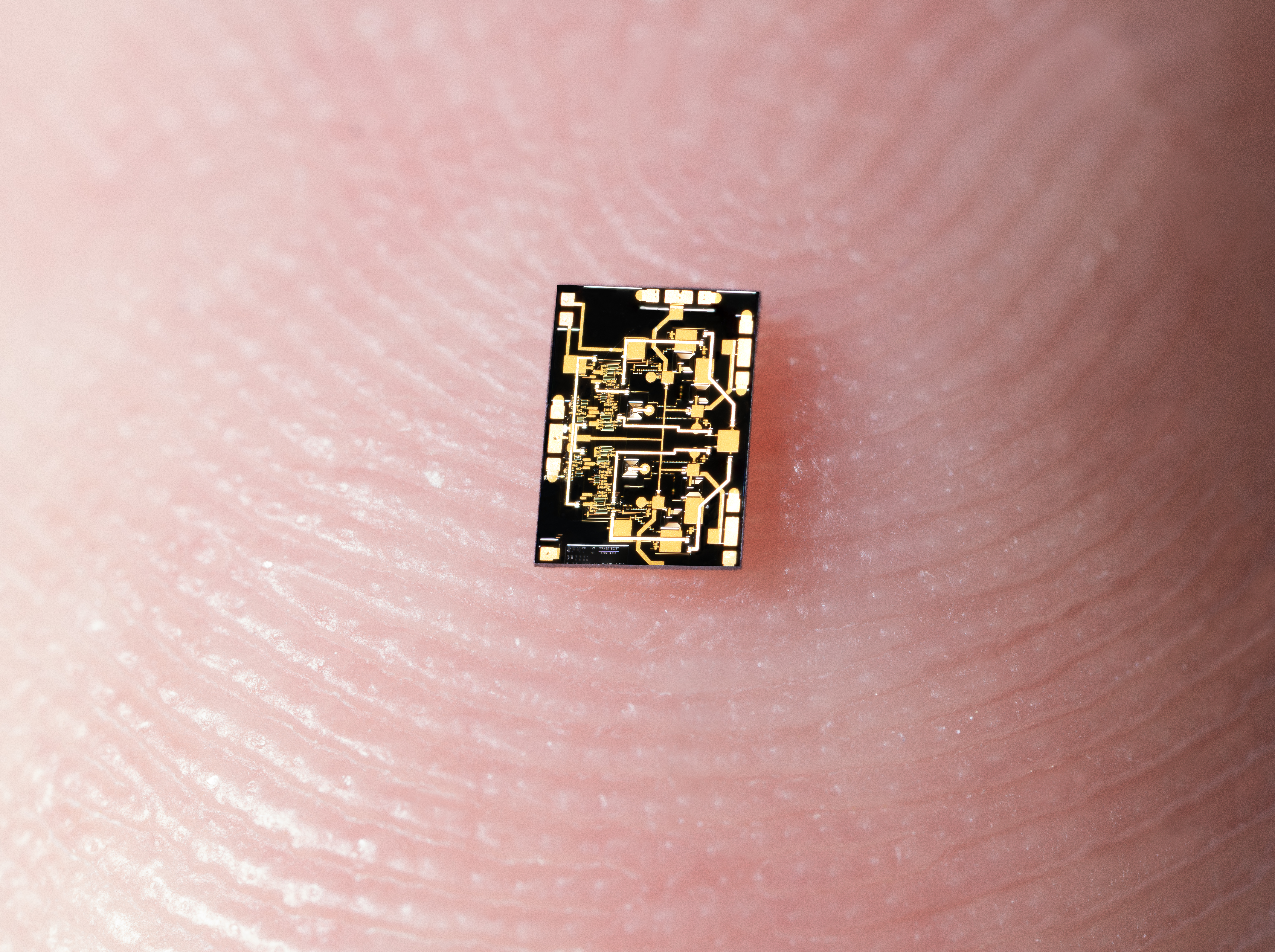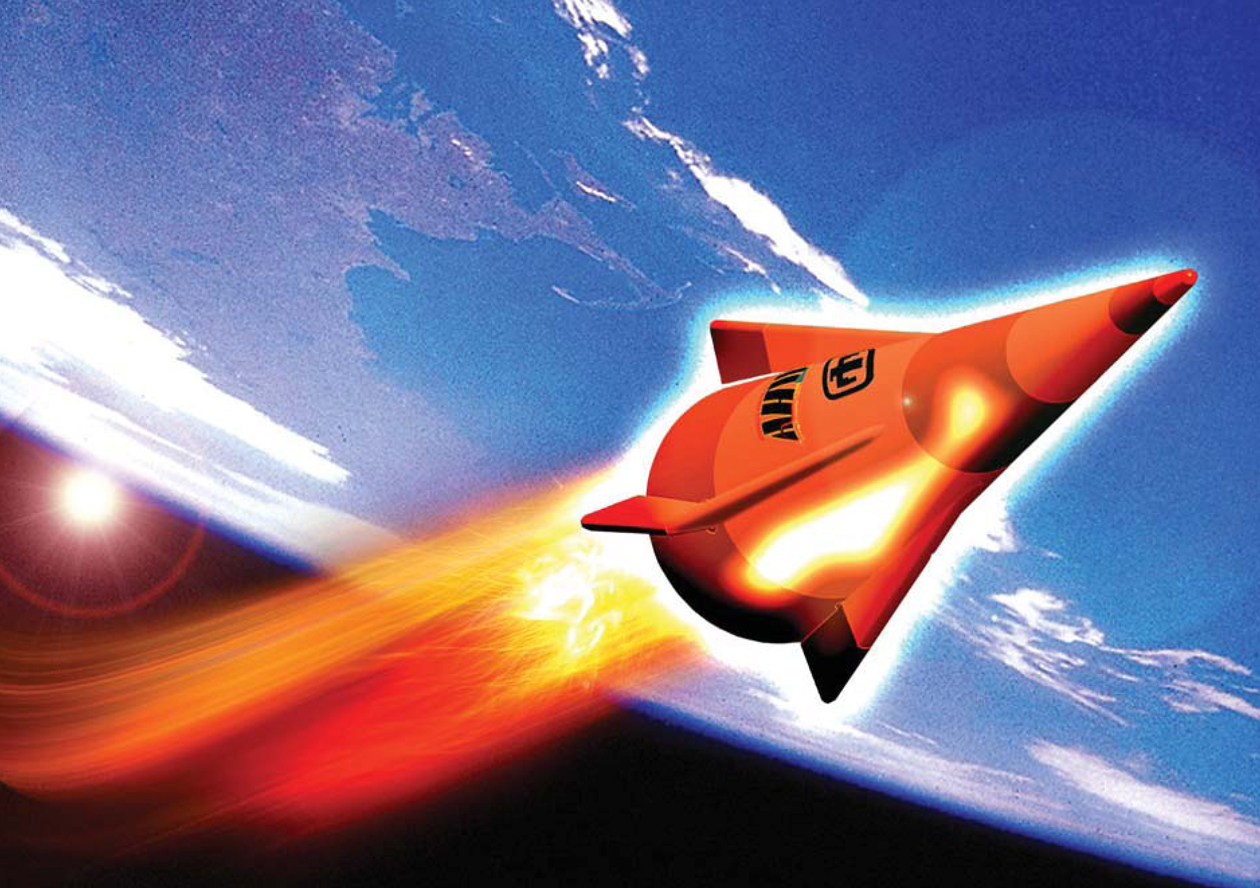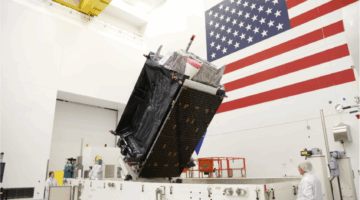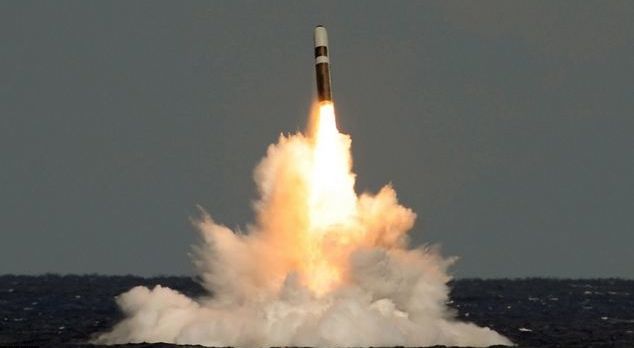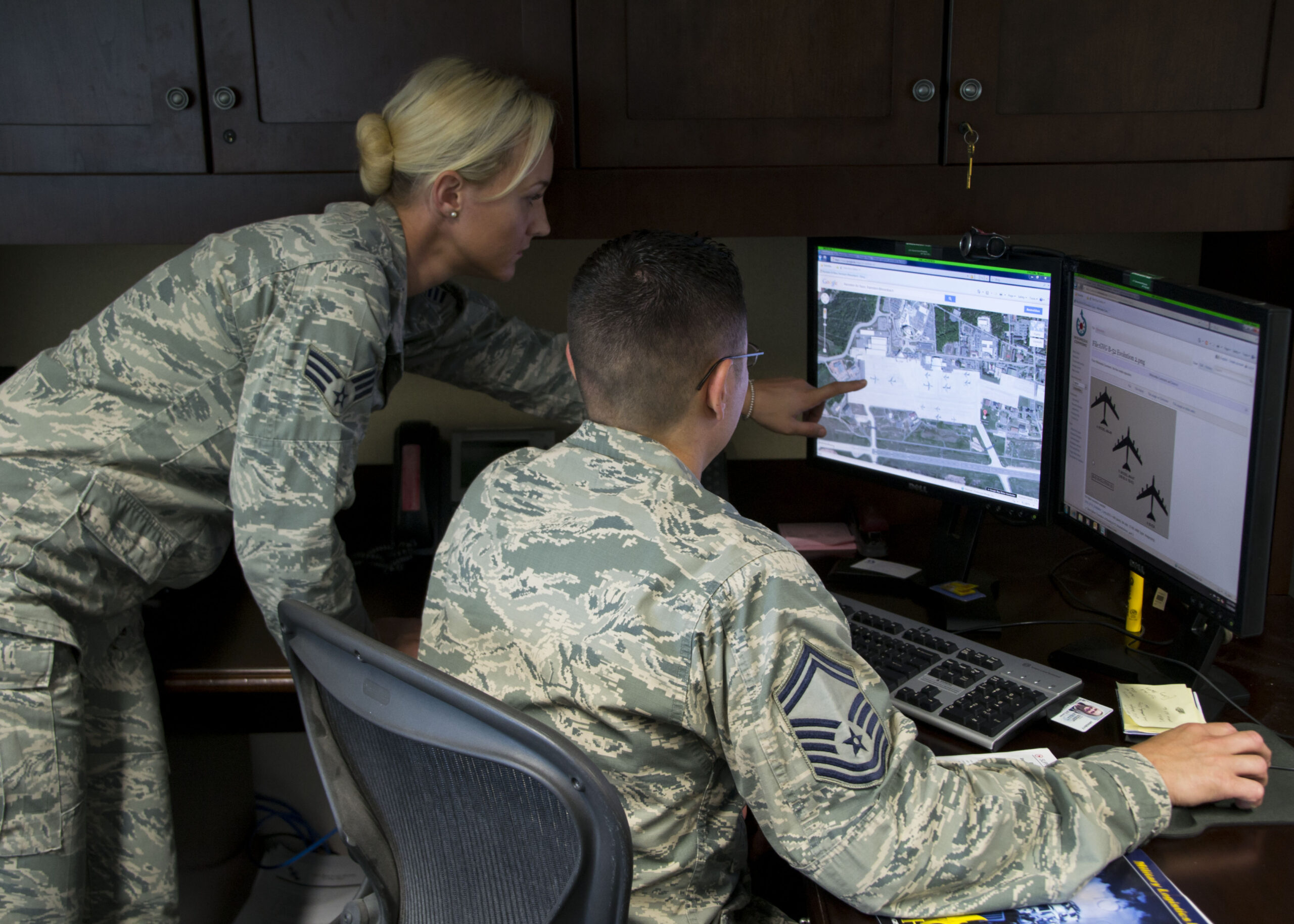
US approaching ‘critical window’ in world-defining tech competition with China: Report
“Losing the competition with China is not just about preserving abstract principles and political institutions – it will lead to the transformation of our daily lives in ways that will be impossible to ignore," according to a new report by the Special Competitive Studies Project.

